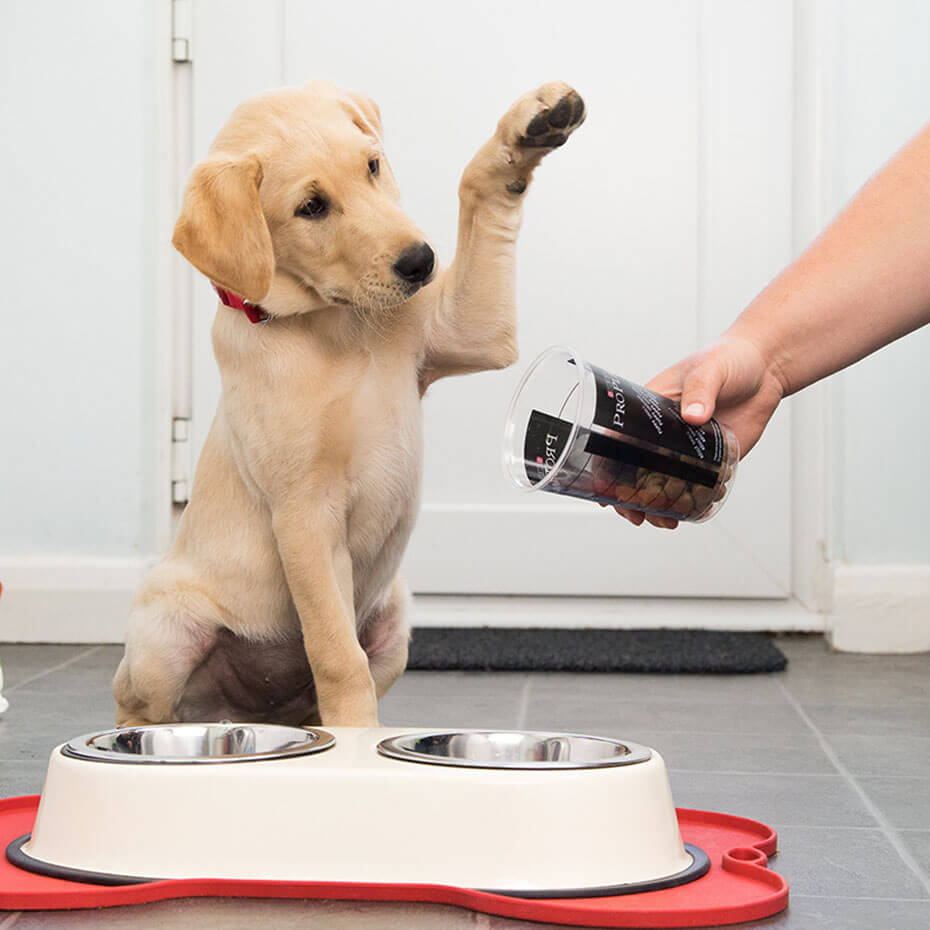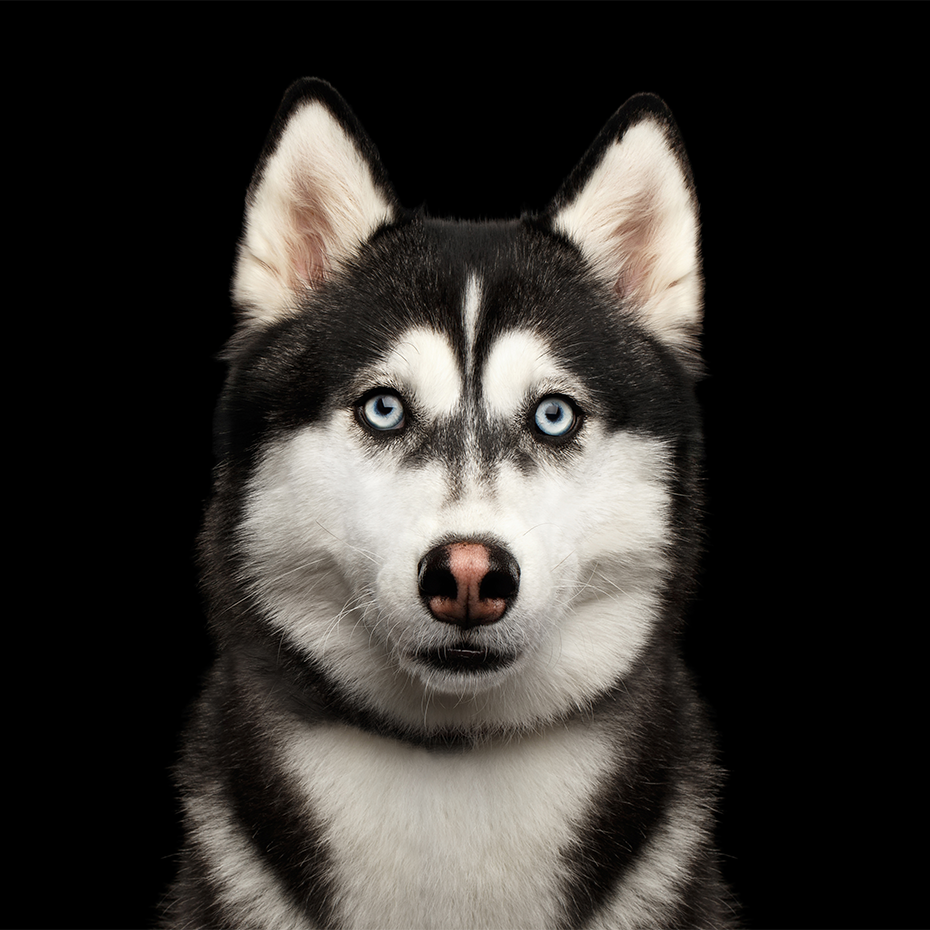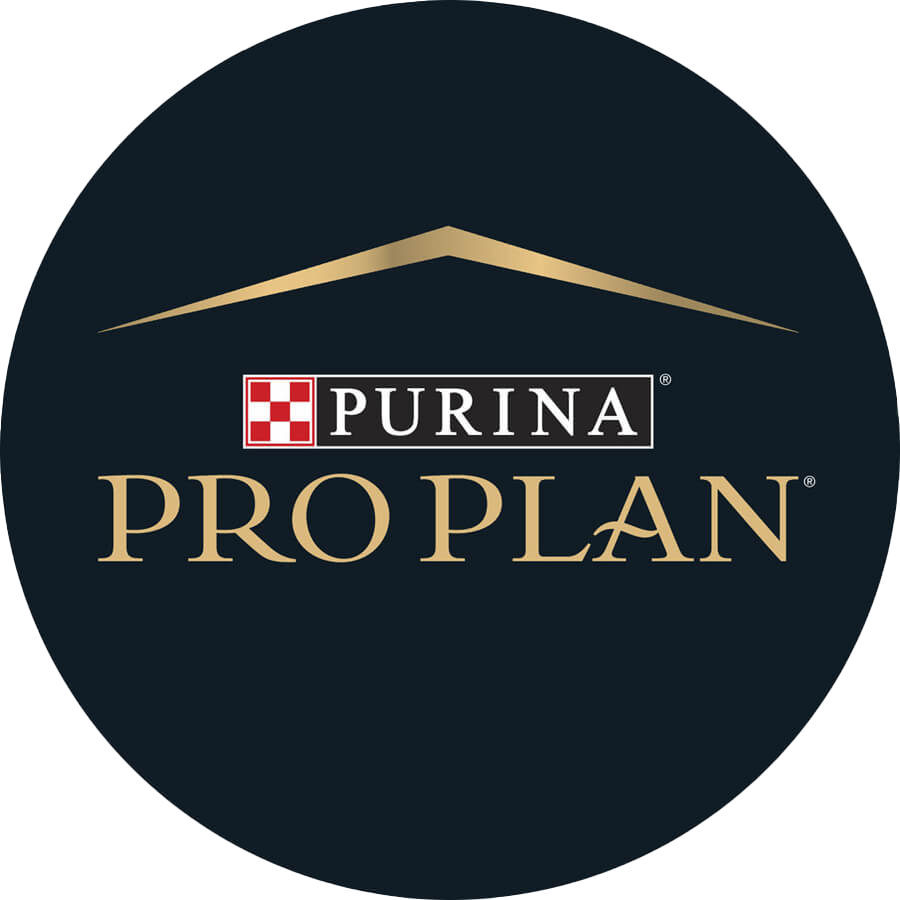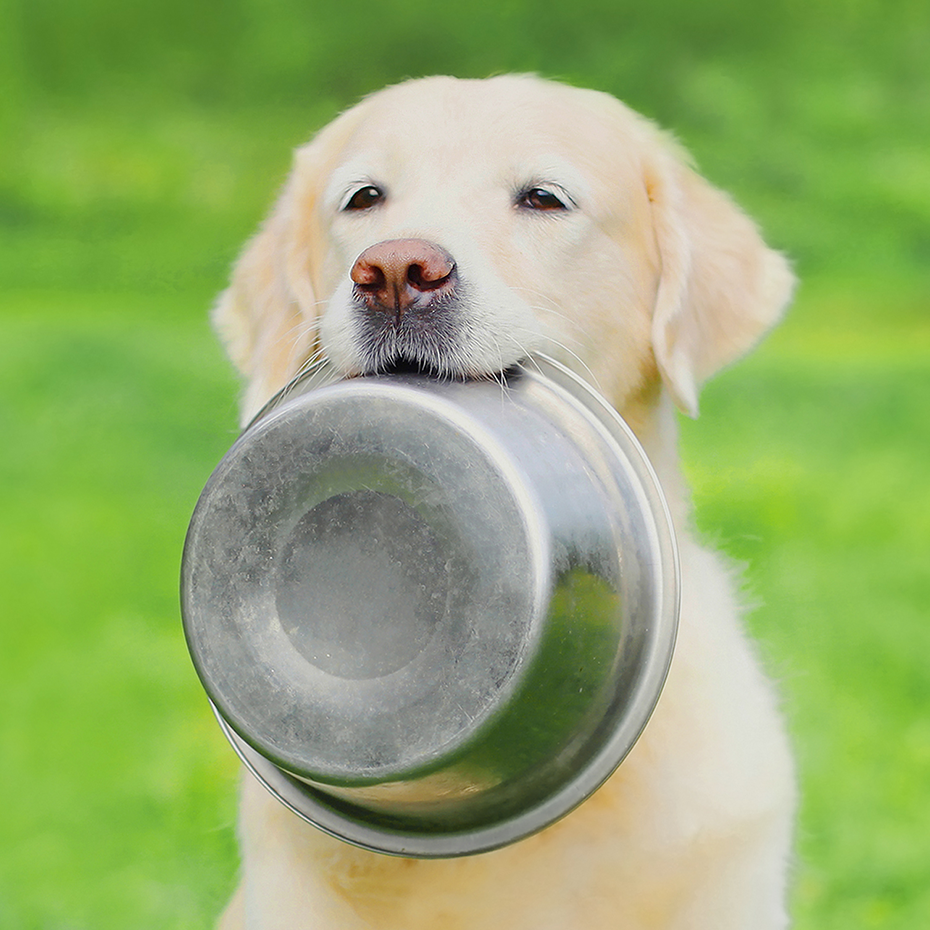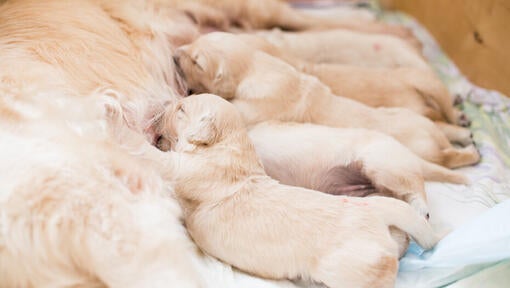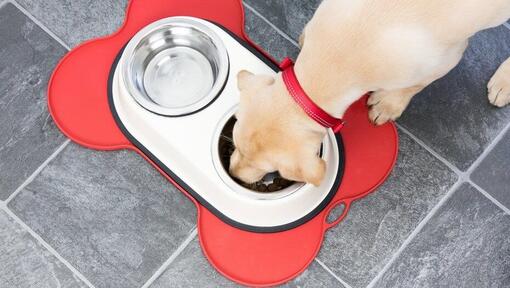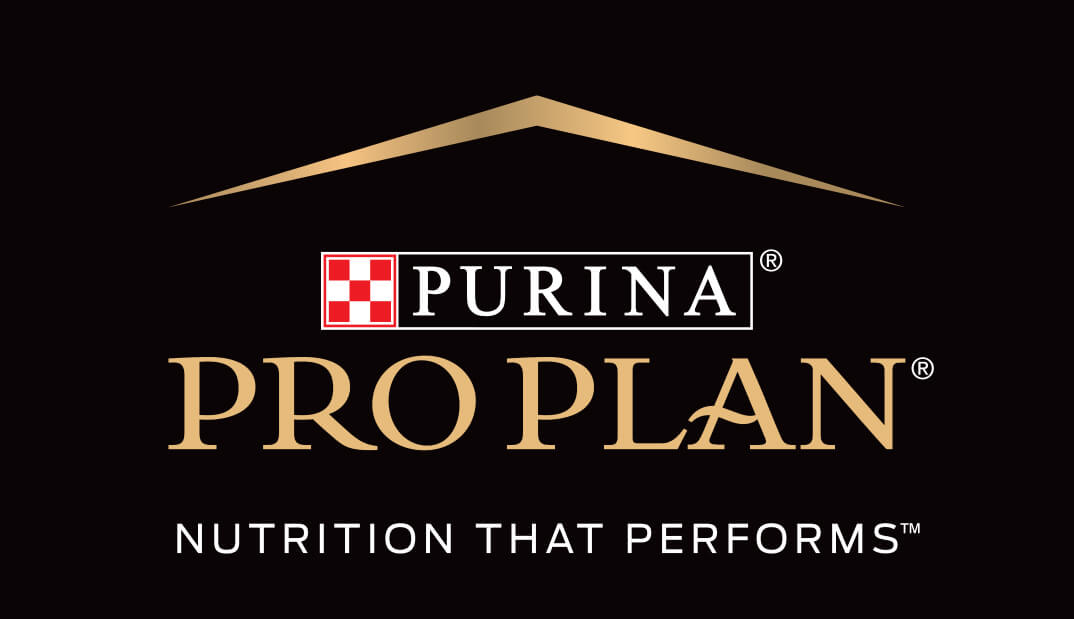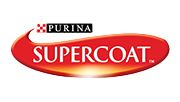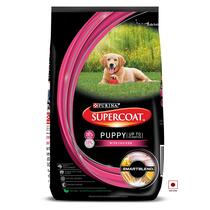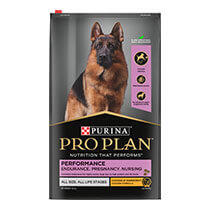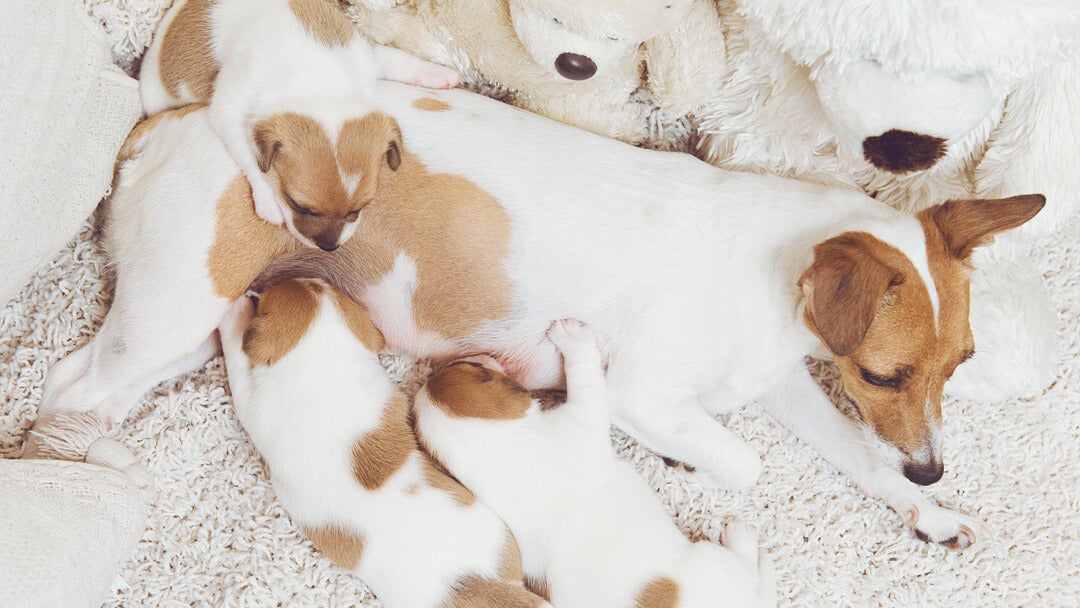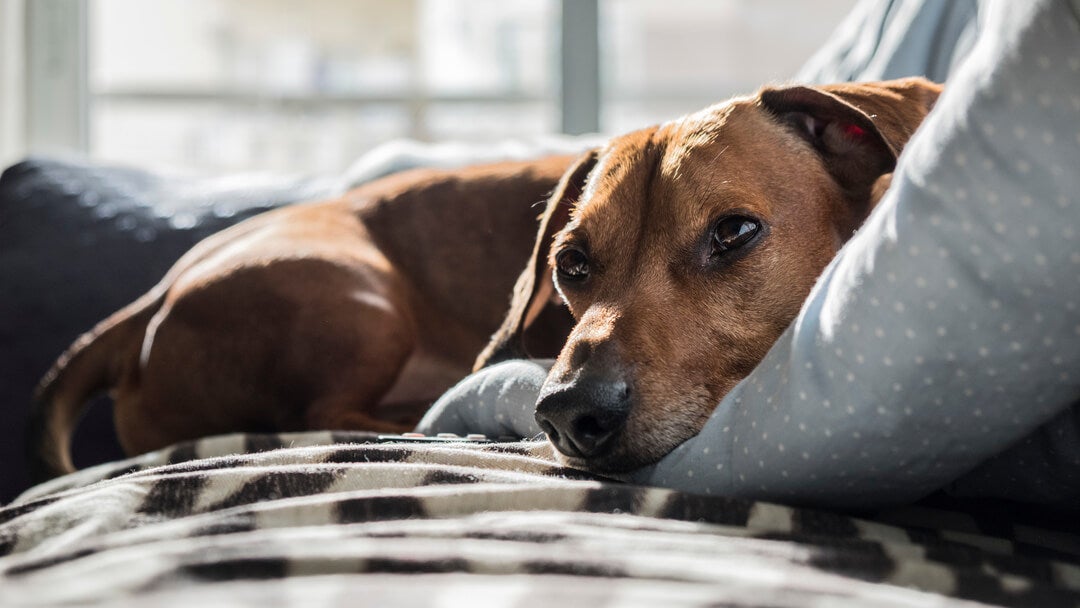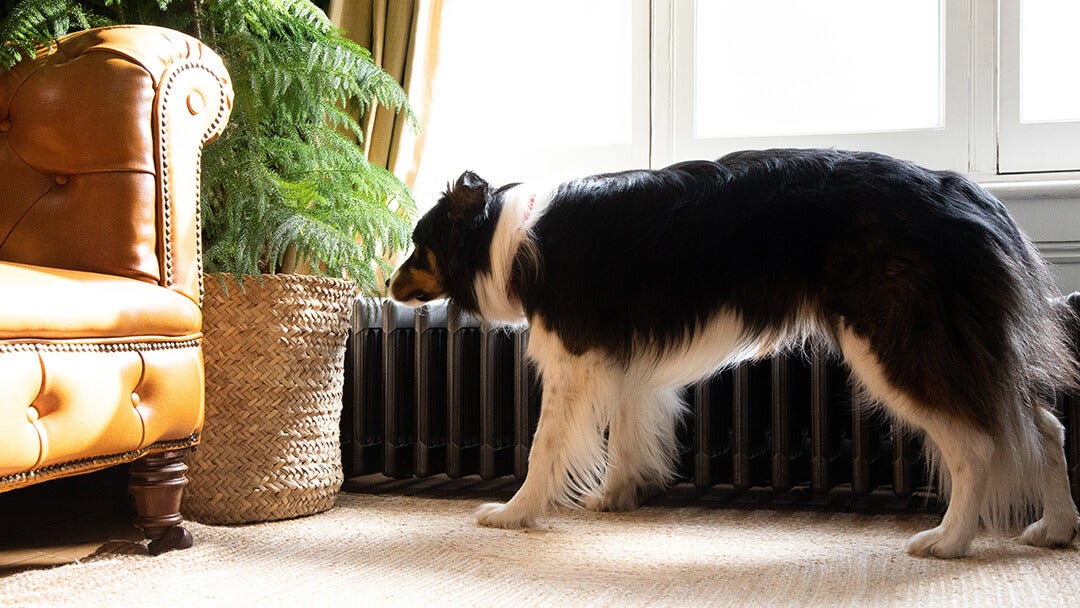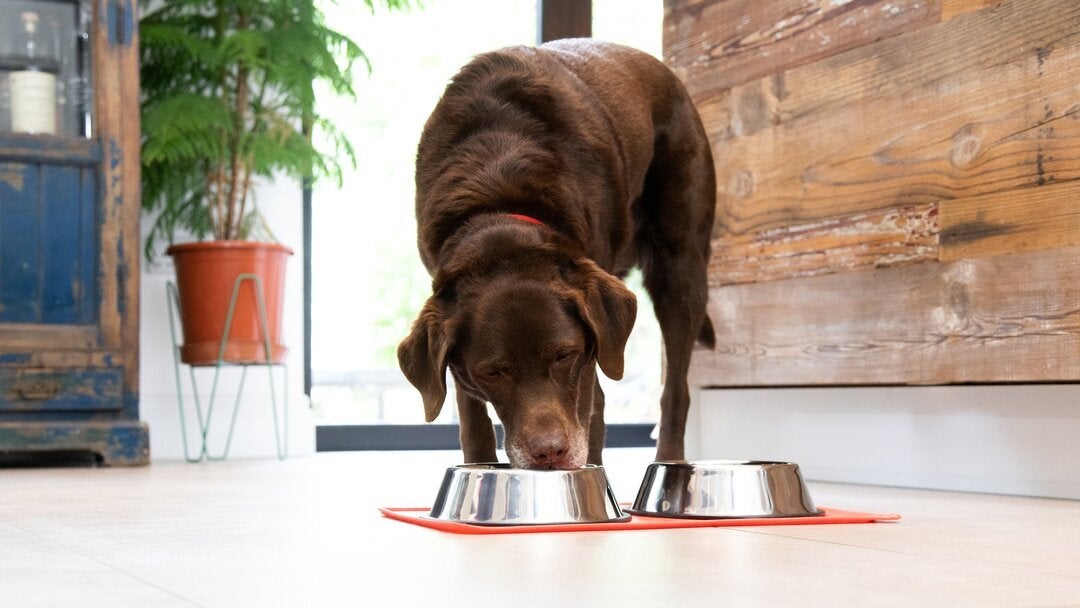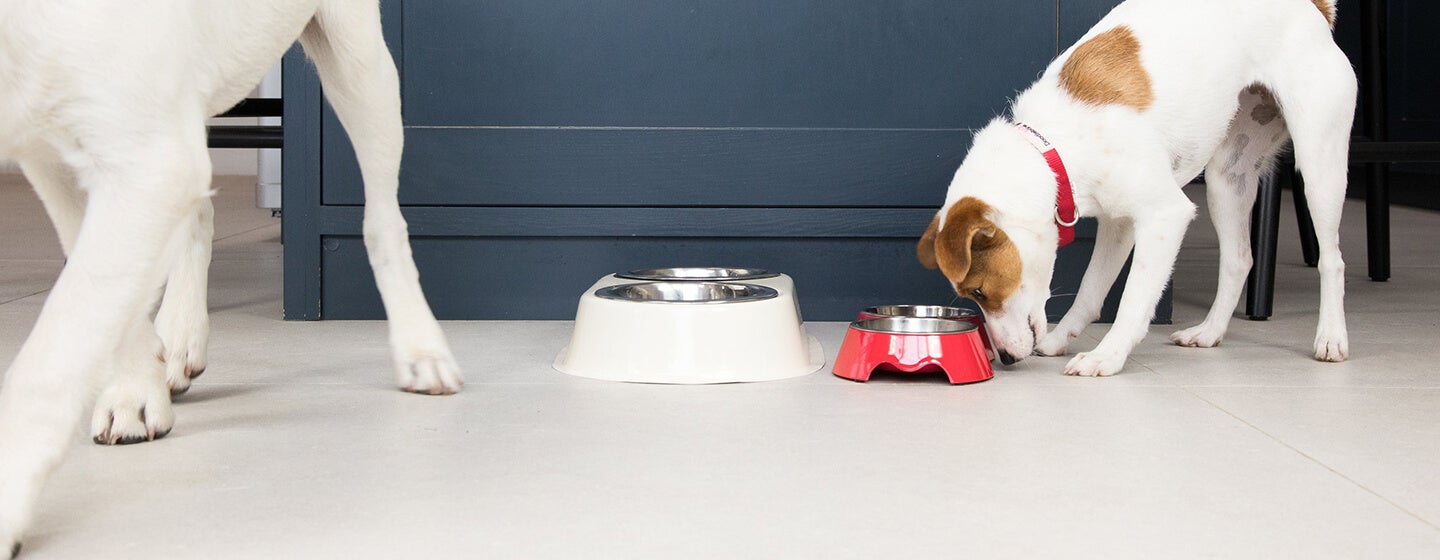
Has the time arrived for weaning your puppy? Here is how to help them make an easy transition from their mother’s milk to puppy food.
Weaning is an important part of your puppy’s development. When your puppy weans, it means they move from relying on their mother’s milk for all their nourishment, to enjoying solid foods.
During the period of time from birth to puppy weaning, the mother’s natural instincts will often kick in. She should help the puppies to suckle when they are young, and gradually encourage them to look elsewhere for food, trying the puppy diet that is offered. However, if your female is struggling to feed her puppies you should speak to a vet for advice as this can indicate an underlying health problem such as mastitis.
Read on to find out when to wean puppies, how you can them to develop good eating habits and much more.
Life before puppy weaning
A puppy should stay with their mother and siblings for at least the first 8 weeks of their life. For the first few weeks they will only need their mother’s milk, or a suitable puppy milk formula. Initially, your puppy’s sense of smell will help them find their way to their mother’s teats, where suckling should be instinctive.
During this early period, the mother keeps her puppies warm with her own body heat. When the mother temporarily moves away from them, they group together to make up for the loss of heat that her fur provides. She will also lick the puppies to keep them clean and help to stimulate them to urinate and defecate.
Human contact is also important during this early period, although you should try to get a balance that does not cause distress to the mother.
When should you wean puppies?
Weaning puppies is a gradual process which usually takes place from 4-8 weeks of age. Puppies will initially start to investigate soft puppy food, in addition to suckling from their mother.
Later in the process they will start eating kibble, although these are often soaked to begin with. By the end of the weaning process, the puppy will no longer be feeding from their mother and should be able to toilet independently. Different breeders might favour a different timetable for the weaning process, depending on the size of the litter.
How to wean puppies
Puppy weaning food should be introduced gradually – starting off with small amounts. Choose a puppy food that’s suitable to feed to puppies of this age. Sometimes the puppies’ mother will already be eating a puppy food to provide her with extra nourishment and this can be helpful as the puppies can watch her eating and learn from her behaviour. Puppies might even start to sample some of mum’s food as a sign they are ready to be weaned.
From three or four weeks of age, encourage the puppies to try soft, moist puppy food, or prepare their dinner by softening dry puppy food with hot water, mashed it up and cool to body temperature. Feed it in a wide, shallow bowl for easy access. It can be quite a messy process initially as the puppies climb into the bowl and explore their food. Be prepared to clean them up afterwards!
Until this time, mother’s milk provides hydration and nutrition, so from around three weeks ensure the puppies have access to a shallow dish of fresh water.
The puppies may initially be a little apprehensive, but after watching their mother, they will get used to the new flavours. It’s best to feed little and often to suit their tiny stomachs. With time, the meals can be fed less often and the amounts increased, according to recommended feeding instructions.
Puppies can gradually move away from eating moist or softened food to eventually only being fed dry food, by gradually adding less water, if that is your preference.
How to wean orphaned puppies?
Orphaned puppies need a lot of care and attention. They should be fed using puppy milk replacer until they are three to four weeks old, at which point the weaning process can begin.
Soften dry food with warm water and introduce it gradually to their diet. Patience is extremely important, so make sure you allow the puppy enough time to get used to their new meals as they learn to let go of the bottle.
Tips for weaning puppies successfully
If you’re new to puppy weaning, here are a few handy tips that will help both pets and owners get through this sensitive time together:
Puppy weaning can be quite chaotic with milk and moist food flying in all directions. Some puppies might decide rolling in their food is a good idea. Let them get familiar with the new meals, even if it ends up with dirty paws prints the floor.
To achieve a really smooth texture, you can also use a blender in the very early stages. When the puppy is ready to try a firmer texture, you can start softening dry kibble using warm water, initially mashing up and progressing to it being less mashed, until the kibble shape remains intact but still soft. Depending on the breed and food type, your puppy may already be eating dry kibble by the time they arrive at their new home.
Puppies are both clumsy and playful, so chances are flimsy bowls will be turned over in all the excitement about trying their new food. Make sure the bowl is heavy enough to remain in the same place where you left it and not too deep that tiny pups can be submerged if they fall in.
It is tempting to offer your puppy more food than they need or their little stomachs can handle. The golden rule of puppy weaning is to feed little and often.
In a large litter, or one where there is a big difference in puppy size, it’s often a good idea to provide more than one bowl of food, so everyone eats enough. Weighing the puppies daily will help to ensure they are eating enough food and growing as they should.
Next up, discover how successful puppy socialisation in the early days will help to make your dog a friendly and outgoing companion later on in life. And if you need information on how to choose complete and balanced puppy food, we have put together a handy puppy feeding guide to help.
